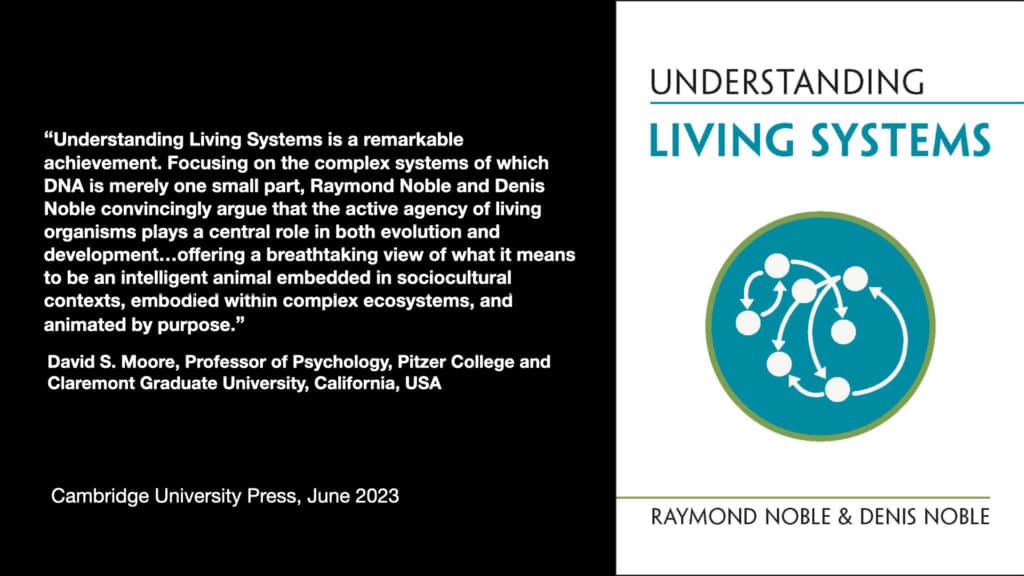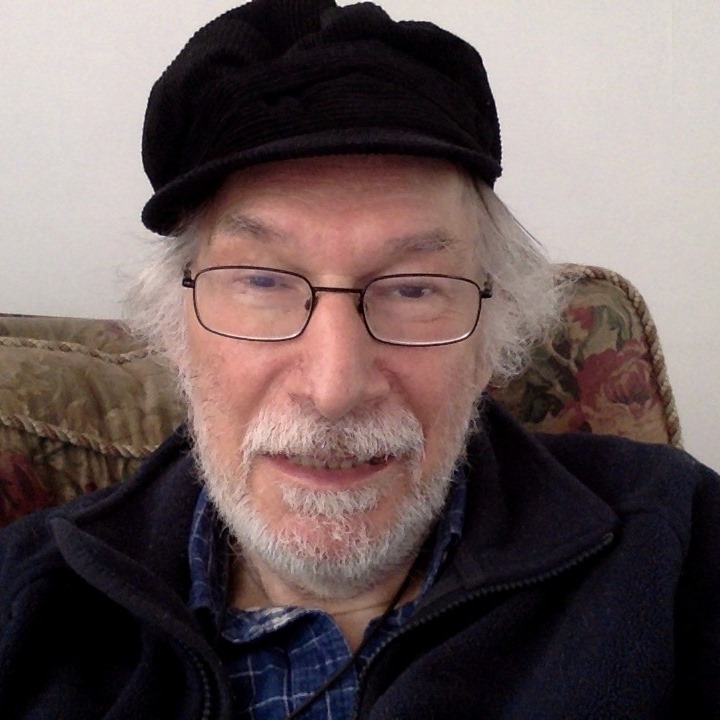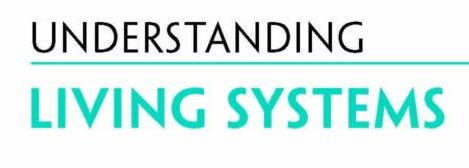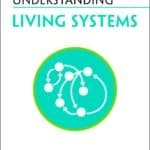Welcome to The Thin End – Raymond Noble’s commentary on nature, science, society, and the human condition.

For informative articles and podcasts on biology, evolution, society, health, wellbeing, and politics.

- Sir John EcclesIn the 1970s, I had the pleasure of meeting the great neuroscientist Sir John Eccles when he came to give the Gifford lectures in Edinburgh. The Dean of our faculty graciously invited us to meet the Nobel laureate at a garden party. The book, The Self and Its Brain, which he had coauthored with Karl… Continue reading Sir John Eccles
- Shapeshifters symposiumIt was a great pleasure to give a talk and participate in the Shapeshifters Symposium, Plasticity Here, There, and Everywhere, in Amsterdam at the end of May. The Shapeshifters Symposium was a transdisciplinary two-day event that explored the concept of plasticity across academic domains and beyond. My talk at the Shapeshifters symposium emphasised how organisms… Continue reading Shapeshifters symposium
- The Awakening EarthRaymond and Denis Noble discuss their book, Understanding Living Systems, published by Cambridge University Press in July 2023. The book ends with a call to arms as humans awake to their responsibility for our precious ecosystems, Earth’s awakening. Here, Denis reads from the final paragraphs.
- Understanding Living SystemsCambridge University Press published our book, Understanding Living Systems, in July. We were pleased to be guests on Perry Marshall’s podcast to discuss the book. This episode encapsulates our extraordinary enthusiasm and creativity when writing our book Understanding Living Systems. Why did we write it? What is it about? Why is it necessary? Thank you,… Continue reading Understanding Living Systems
- Bees prepare for winterBusy bees, busy preparing for the winter ahead. They love this ivy, blooming in September and growing in abundance. So, nature’s little workforce comes in their thousands each day. Their priority now is gathering and storing nectar and pollen to have plenty in reserve to survive through the winter. Honey bees don’t hibernate, so they… Continue reading Bees prepare for winter

Professor Raymond Noble is a chartered biologist and Royal Society of Biology Fellow. He has written extensively on biological theory and philosophy and is an author with his brother, Denis Noble, of the acclaimed book Understanding Living Systems, published by Cambridge University Press (2023). He was Deputy Dean of Life Sciences at UCL, London, and the Graduate Tutor in Women’s Health, where he is now an Honorary Professor.
Subscribe
Join our Thin End community for updates on articles and features.

